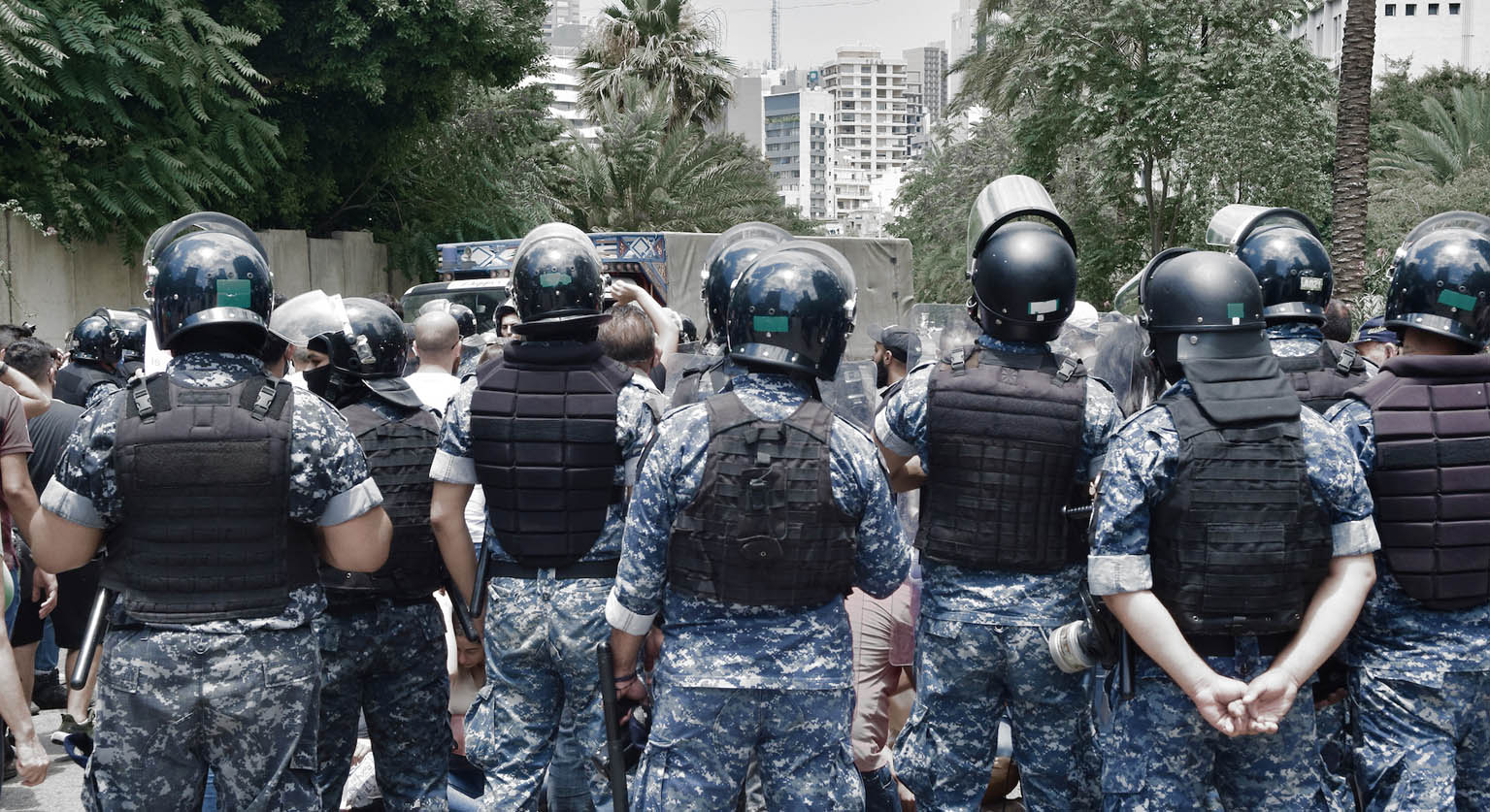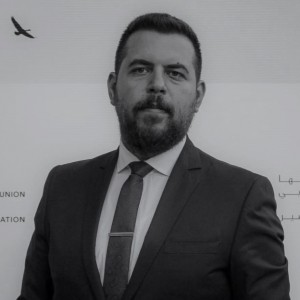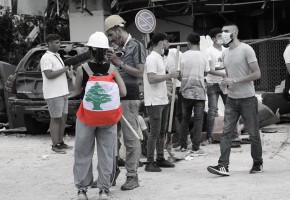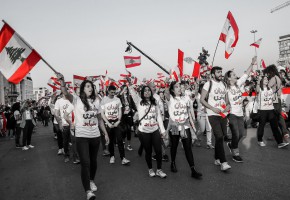
Freedoms in Lebanon: Back to the Security Tutelage Regime - Jad Shahrour
Jad Shahrour

Freedoms in Lebanon: Back to the Security Tutelage Regime - Jad Shahrour
It is no longer a secret to the Lebanese that the ruling authorities have decided to attack civil and media freedoms by various means, not excluding intimidation and breaking the law. The ruling authorities decided to distort articles of the Penal Code related to freedom of expression in a manner consistent with the interests of the ruling parties on the one hand, and their tools of security and spiritual authorities on the other. This places us directly inside a police security state.
Although September failed to herald the autumn season in Lebanon, it clearly announced the fall of freedoms and the last remaining voices of freedom of expression in the country. Violations varied between summons, detention, assault, threats, defamation, hate speech, pressure during investigations, and lawsuits. But who caused these violations and who did they affect?
Seven such violations were recorded in that month. Four were instigated or executed by Lebanese security forces, and the remaining three were perpetrated by citizens, a state institution, and the Lebanese judiciary. The victims of those violations included the journalists Maryam Majdouline-Lahham and Lynne Cheikh Moussa, the activist Charbel Khoury, and MTV channel.
Maryam Majdouline-Lahham's case takes us back in time to the time when the Lebanese and Syrian intelligence services tried to create “moral” scandals in Martyrs’ Square to discredit the 2005 sit-in. Although Maryam's investigation should never have happened, instead of proceeding according to the law, security services did not allow her lawyer's presence throughout the investigation. They searched her home illegally and tampered with her personal belongings.
Another Round in the Battle for Freedom of Expression
In the battle for freedoms, the number of violations no longer matters. What matters is how to determine the battle's direction. The first round of this battle is with the ruling regime's mentality, to dispel the idea of oppression, allow journalists to do their work, and stop the persecution of social media users when they express an opinion that does fit the authority's mood. An integral part of fighting the regime’s narrative is putting an end to the idea that "those who defend freedom of expression are defending immorality.” It is like someone refusing to register himself and his family in health insurance because he wants to get sick. Although the above hypothesis might be true, we all have the freedom to be impolite, and every aggrieved person has the freedom to seek the law. The exception is those working in public affairs and entrusted with citizens' rights. It is natural to curse a minister who plundered the country. What is unnatural is ignoring his deeds, which is akin to an indirect partnership in the crime.
The second round certainly involves discussing ways to improve and amend the text of the law, especially with articles related to freedom of expression and media. The Lebanese Constitution guarantees freedom of expression in its introduction and denies it in other articles. For example, the articles on libel and defamation (582-586) of the Penal Code are often used to silence journalists and citizens who uncover corruption or express their opinions, such as Jean Kassir and Lara Bitar. The above articles were used to issue prison sentences against Dima Sadek, Hanin Ghaddar, Adam Shams al-Din, Michel Qanbour, and Fidaa Itani. The latter was given more than one prison sentence for publishing a series of opinions against the ruling class. Consequently, the campaign against him by the regime forced him to leave Lebanon and move away from his family for his protection and theirs. These laws also contradict all international treaties signed by Lebanon and are inconsistent with its obligations under international human rights law.
The third round is with the people and the streets, reminding them that information is a right and that we cannot protect our lives from the ruling class's criminality without free press and factual information. The fight for freedom concerns all citizens, not just journalists, writers, or activists. It is the battle of the street against the disintegrating regime.
Lebanon's Political Environment
Following the removal of Syrian tutelage, Lebanon was on its way to becoming an example of freedom of expression. Today, however, the country's returns to repression under its own authority, without the Syrians, losing the opportunity to cancel prior security approval for making national policy. Delving into the issue of freedoms in Lebanon requires more than one article. It needs a stream of content explaining the circumstances of the current political stage in connection with the work of the independent Lebanese media on the one hand, and traditional media historically owned by political families.
Nevertheless, the most powerful military figure in Lebanon and the maestro of the quota system, Hezbollah Secretary-General Hassan Nasrallah, came out with an anti-civic position against those working in the NGO field, which has replaced state corruption with temporary solutions for the benefit of the people. He spoke against journalists, calling them immoral, and asked his representatives in the previous Parliamentary Media Committee to interrogate television stations about the content published on the assassination of the Lebanese writer Luqman Slim. The above meant a rejection of freedoms in Lebanon and was a clear call for the return to Syrian tutelage era before 2005.
Moreover, religious institutions followed several political parties in going after anyone with an idea. Those who have found themselves at a political impasse are able to mobilize through religion and the sectarian street and go back to sanctifying institutions like the army, as Standup Comedian, Nour Hajjar, found out two months ago.
The battle for freedom today is not limited to those who express an opinion. It is connected to every detail of our daily lives, politically, socially, and economically. The regime's narrative says that the economic and political collapse is due to these freedoms. Only the people of October 17, 2019, are responsible for the crisis. Only civil society, who receive their salaries in hard currency and those who promote homosexuality and immorality, are the ones wreaking havoc on the land. As for the ruling regime, it is innocent and cannot do anything. However, in reality, one thing remains in the hands of the ruling regime, our lives, our future, and our children.
Jad Shahrour
Recent publications

ANND Newsletter January 2026 - From Davos to the UPR: Between Promises, and Accountability
Related publications


